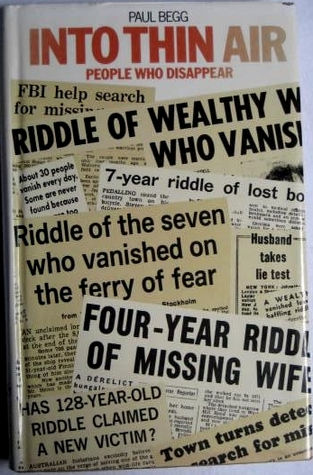The Discovery of An Abandoned French Vessel: Curious Circumstances
- Christiane Schilling

- Apr 30, 2021
- 2 min read
The Times of London on November 6, 1840, printed this account from a correspondent in the Bahamas:

A large French vessel, bound from Hamburg to Havana, was met by one of our coasters, and was discovered to be completely abandoned.... The cargo, composed of wines, fruits, silks, etc., was in the most perfect condition. The captain's papers were all secure in their proper places.... The only living things on board were a cat, some fowles, and several canaries half-dead with hunger. ... The vessel, which must have been left within a very few hours, contained several bales of goods addressed to different merchants in Havana. She is very large, recently built, and called Rosalie. Of her crew and passengers no intelligence has been received.
A search of insurance record sat Lloyd’s of London revealed what at first looked like a simple confusion: Lloyd's files described the Rossini, a ship on the Hamburg-Havana run, as going aground in the Bahama Channel on August 3. Those aboard the vessel were taken ashore, and on August 17 the Rossini was towed into Nassau by salvage ships.
And yet, what had given the Times correspondent the impression that the Rosalie / Rossini (if indeed only one ship was involved) had been abandoned ''within a very few hours,” especially if the canaries aboard were starving? Wouldn't the captain have taken his ship’s papers when he was rescued? Wouldn't the arrival of the rescued passengers have been fresh news in Nassau? And what were the “curious circumstances” alluded to in the salvage courts records concerning the Rossini?
- SOURCE: Paul Begg, Into Thin Air: People who disappear, p.52
ABOUT AUTHOR: Paul Begg is acknowledged worldwide as one of the leading authorities on the Jack the Ripper mystery. He has worked in newspapers, television and publishing. He has written extensively on Jack the Ripper, including Jack the Ripper: The Uncensored Facts, Jack the Ripper: The Definitive History and Jack the Ripper: The Facts. He is also the author of Into Thin Air, The Scotland Yard Files and Mary Celeste: The Greatest Mystery of the Sea. Paul was formerly the editor of the Ripperologist magazine and has appeared as an historical advisor on several television programmes.
.png)





.png)
Comments